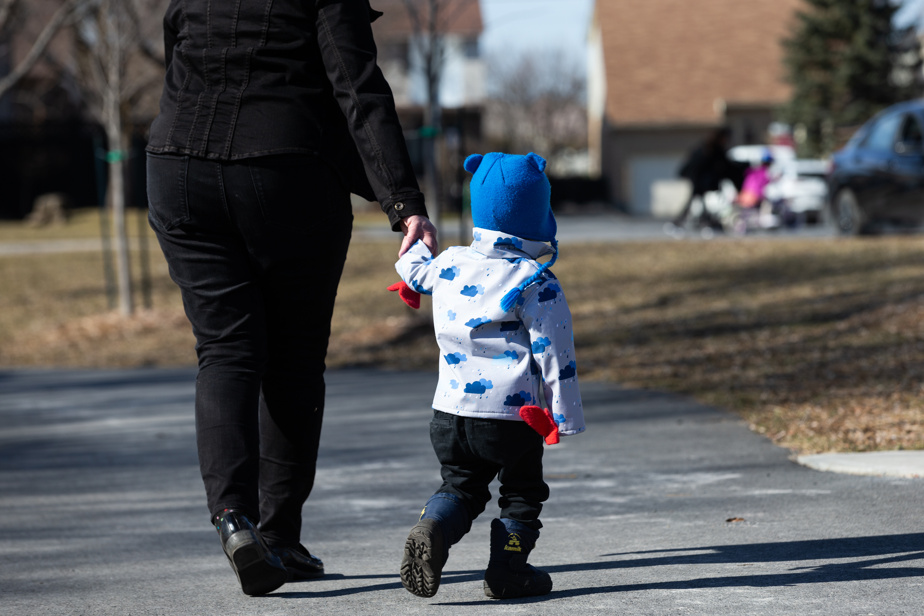Employers must avoid reproducing the inequalities between adoptive parents and biological parents that the Quebec government has itself eliminated in parental leave, argue 17 signatories of a letter sent to La Presse.
The letter is notably signed by a doctor, professors of law or social service and former members of the Special Commission on the Rights of Children and Youth Protection.
In 2019, the Minister of Labor, Jean Boulet, announced that parental leave should henceforth count the same number of weeks for all parents in Quebec, whether biological or adoptive.
“Although the law now charts the way forward in the allocation of parental leave, several collective agreements maintain, or even reiterate, unequal treatment of families and children”, denounce the 17 signatories.
Adopted children “present, for the most part, developmental delays, post-traumatic syndromes, attachment challenges or various physical health problems […] making their care particularly demanding and complex”, plead the authors of the letter.
Carmen Lavallée, professor of law at the University of Sherbrooke, gives the example of the agreement in principle reached between the University of Sherbrooke and its professors. According to his understanding, “the biological parents will be entitled together to 36 weeks during which they will receive 100% of their salary, while the adoptive parents will be entitled to 20 weeks of leave.” The financial burden therefore is imposed on the parents, almost twice that of the biological parents.”
In an interview, Finn Makela, vice-president of the Union of Professors and Professors of the University of Sherbrooke, indicates that the intention of the union is certainly not to discriminate, but to eliminate the one that made so far here that biological fathers were disadvantaged compared to adoptive fathers.
Under the tentative agreement, he said, the woman giving birth will receive 100% of her salary for 26 weeks; the one who adopts will have her full salary for 10 weeks and for the next seven weeks, she will receive between 80% and 85% of her income (the basic benefits of the Quebec parental insurance plan plus a bonus paid by the employer ).
This is due to “the biological effects of childbirth,” says Finn Makela.
He adds that if members feel aggrieved, the question will be analyzed, as it was for a surrogacy file which had not been provided for as a possible scenario in the collective agreement.
With the proliferation of family patterns, he points out, “it’s harder to predict everything.”
On behalf of the University of Sherbrooke, Patrik Doucet, Vice-Rector of Human Resources and Vice-Rector of Digital Transformation, also assures that “if certain ‘effects of duly negotiated clauses’ pose a problem”, it will be possible to ” deal with these effects, for example by agreeing a letter of agreement or by modifying such clauses when renewing a collective agreement”.
Dominique Goubau, signatory of the letter and professor of law at Laval University, points out that filiation and therefore family ties “are part of the civil status of persons and, as such, are a prohibited ground of discrimination within the meaning charters”.
Without commenting on a particular case, Stéphanie Fournier, lawyer at the Commission des droits de la personne et des droits de la jeunesse, points out that in general, it is necessary to distinguish between maternity leave and parental leave. For maternity leave, it is “15 to 20 weeks that are recognized specifically for the mother” by the courts, for her to recover from pregnancy and childbirth. For parental leave, “there should be no distinction between biological and adoptive parents,” explains Me Fournier.

